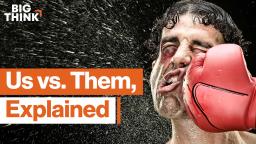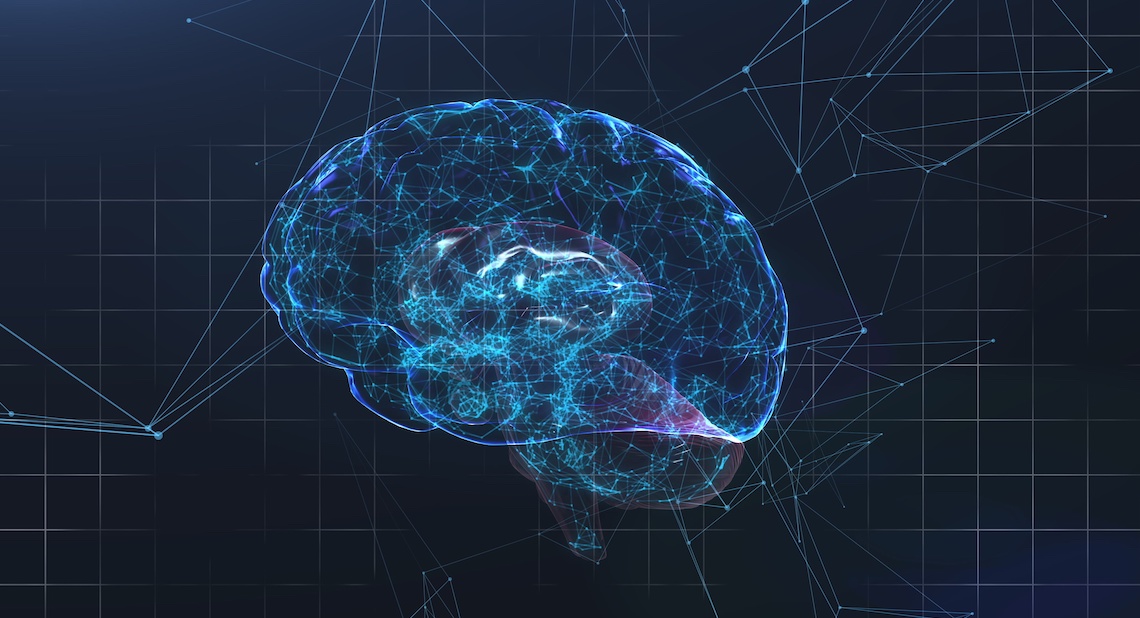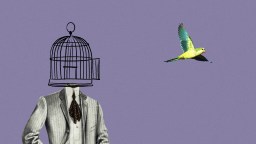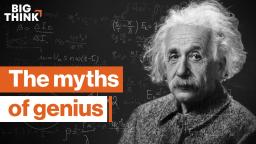neuroscience
Neuroscience explains terrifying ordeals, from out-of-body experiences to alien abductions.
Scientists successfully trained people to use robotic extra thumbs, suggesting body augmentation could revolutionize future humans.
A new study used functional near-infrared spectroscopy (fNIRS) to measure brain activity as inexperienced and experienced soccer players took penalty kicks.
What’s the difference between brainwashing and rehabilitation?
Humans may have evolved to be tribalistic. Is that a bad thing?
▸
17 min
—
with
Studies show that religion and spirituality are positively linked to good mental health. Our research aims to figure out how and why.
New research suggests that there is no “typical” form of Alzheimer’s disease, as the condition can manifest in at least four different ways.
A lab identifies which genes are linked to abnormal repetitive behaviors found in addiction and schizophrenia.
Cannabidiol (CBD) seems to reduce the unpleasantness of pain, a finding that surprised the researchers behind a new, first-of-its-kind study.
A recent study used fMRI to compare the brains of psychopathic criminals with a group of 100 well-functioning individuals, finding striking similarities.
Because of our ability to think about thinking, “the gap between ape and man is immeasurably greater than the one between amoeba and ape.”
Two different studies provide further evidence of the efficacy of psychedelics in treating depression.
Neuroplasticity is a major driver of learning and memory in humans.
How can researchers map something as complex as the human brain?
The most mental game in existence no longer requires fingers.
A new study looks at how images of coffee’s origins affect the perception of its premiumness and quality.
New research reveals that the face can affect the shape of the brain through a complex “cross-talk” between the two structures.
Escaping the marshmallow brain trap.
▸
6 min
—
with
We can’t ask them, so scientists have devised an experiment.
Philosophers, theoretical physicists, psychologists, and others consider what or who is really in control.
▸
19 min
—
with
Researchers at the University of Illinois Chicago find that death triggers increased activity in certain brain cells.
Labeling thinkers like Albert Einstein and Steve Jobs as “other” may be stifling humanity’s creative potential.
▸
14 min
—
with
How our brains interpret computer code could impact how we teach it.
Scans show similar activity to what occurs when you think about yourself.
Next time you listen to scary campfire stories, sit with a friend who has aphantasia.
“The smell of fresh chopped parsley may evoke a grandmother’s cooking, or a whiff of a cigar may evoke a grandfather’s presence,” says author.
The present-moment awareness that stems from mindfulness practices may be the cost-effective tool that our society needs.
As patients approached death, many had dreams and visions of deceased loved ones.
New study suggests the placebo effect can be as powerful as microdosing LSD.
Contrary to what some might think, the brain is a very plastic organ.





























